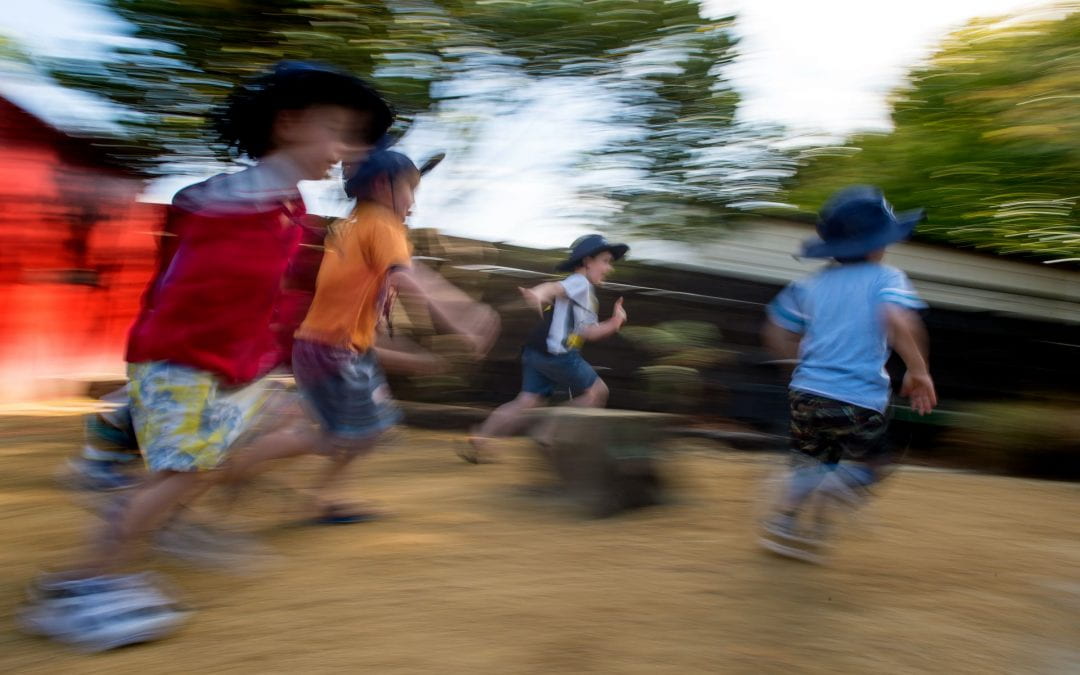A traditional Māori game will be trialled in Waikato schools as a way to improve children’s cognitive and psychosocial development.
Researchers will investigate how Ki-o-Rahi – a pre-European Māori team game – can improve early development of fundamental movement skills in young children, promoting motor competence that is deeply interconnected with all domains of child health and development.
The project has been granted $490,000 in joint funding by A Better Start National Science Challenge and Cure Kids, and will be led by Professor Rich Masters of the University of Waikato.
Professor Masters believes tailoring an intervention for young children will lay the groundwork for skilful movement, which translates to successful learning for life.
“Children who move skilfully have better opportunities to interact with their world; their social and cognitive skills are superior, and they tend to be more physically active,” he says.
“Longitudinal studies suggest that motor function at school-entry age (5-6 years old) predicts social behaviours one year later and social status amongst peers two years later,” he says. “Children with poor motor skills in early childhood have reduced social play, lower status, heightened social anxiety and impoverished emotion comprehension.”
Typically, fundamental movement skills are taught individually to children, without context – for example, throwing, jumping or catching – which is “inefficient and unrewarding for young children”, says Professor Masters.
The game Ki-o-Rahi has many of the core fundamental movement skills that need to develop during childhood and provides a unique, culturally-grounded context in which fundamental movement skills can be learned by young children as they play, he says.
Working closely with experts in kawa and tikanga, and listening closely to teachers, whānau and communities, researchers will co-develop and validate an appropriate form of Ki-o-Rahi that can be used by schools not only to promote movement competence in young children of all ethnicities, but also to promote tikanga-rich cross-ethnicity understanding of Māori and Pacific values and knowledge.
“As well as learning fundamental movement skills, Ki-o-Rahi is a powerful conveyor of Māori values, underpinned by a legend that is relevant to, and recognisable by children of any culture.”
The first stage of the research project – co-development of an appropriate form of Ki-o-Rahi – is underway, with trials expected to begin in several schools in the Waikato region later this year.

